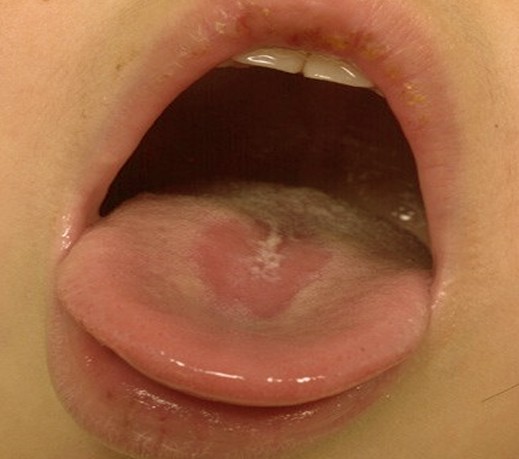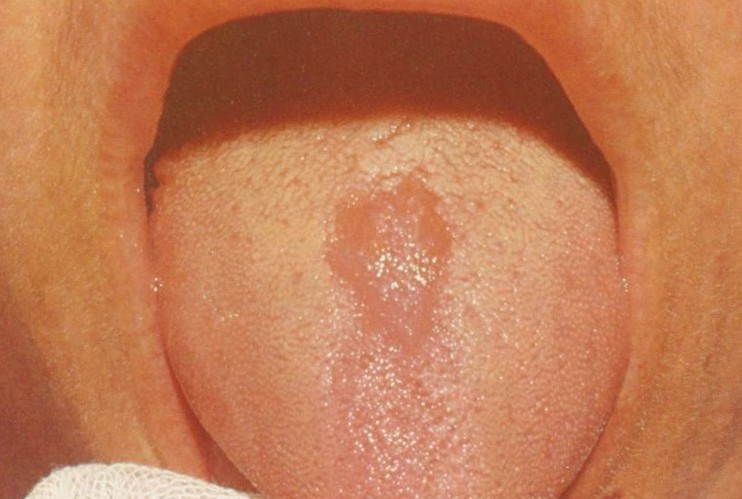What is Glossitis?
This is a situation where the tongue changes color and is swollen, which usually makes the tongue surface appears smooth. An examination by a health care provider or dentist finds on the surface of the tongue finger-like bumps called papillae might be missing and a tongue that is swollen.
Glossitis Symptoms
Symptoms and signs of this condition might develop slowly over time or quickly. They include:
- Problems with swallowing, chewing or speaking
- Tongue is sore or tender tongue
- Surface of the tongue is smooth
- Tongue changes color
- Pale, when triggered by pernicious anemia
- Fiery red, if caused by a lack of B vitamins
- Swollen tongue
Glossitis Causes
Glossitis is usually an indication of additional problems or conditions, such as:
- Reaction allergic to toothpaste, breath fresheners, mouthwash, candy dyes, plastic in retainers or dentures or some blood pressure drugs
- Injury from rough edges of dental or teeth appliances, burns, or other trauma
- Mouth dryness when saliva glands are damaged – Sjogren syndrome
- Virus or bacterial infection – including oral herpes simplex
- Iron levels are low – iron deficiency – or some B vitamins, for instance B12
- Conditions of the skin for instance erythema multiform, oral lichen planus, vulgaris, aphthous ulcers permphigus, and syphilis
- Alcohol, spices, hot foods, tobacco and other irritants
- Infections of yeast in the mouth
Glossitis Treatment
The aim of any treatment is reduction of inflammation. Most individuals do not have to go for treatment to the hospital except if the swelling of the tongue is severe.
http://www.Symptoms-Causes-treatment.blogspot.com detect diseases at an early stage symptoms, and find out the causes and treatments best suited.
- Oral hygiene that is good is important. Teeth need to be brushed at least two times a day and floss at least once each day.
- Antifungal medications, antibiotics need to be prescribed if the glossitis is due to an infection.
- Avoid irritants – for instance spicy or hot foods, tobacco and alcohol – for the reduction of any discomfort of the tongue.
- Dietary changes as well as supplements are used to treat anemia and nutritional deficiencies.
Glossitis typically reacts well to management or treatment if the cause of the inflammation is treated or removed. This problem can be painless, or it can cause mouth or tongue discomfort. In certain cases, glossitis may result in severe swelling of tongue that blocks airways.
- Complications can include blockage of the airway, problems speaking swallowing and chewing as well as discomfort
- Difficulties with chewing, speaking and swallowing
- Uncomfortable
Often, glossitis can be passed thru families and is not caused by another disease or event.
Glossitis Pictures


